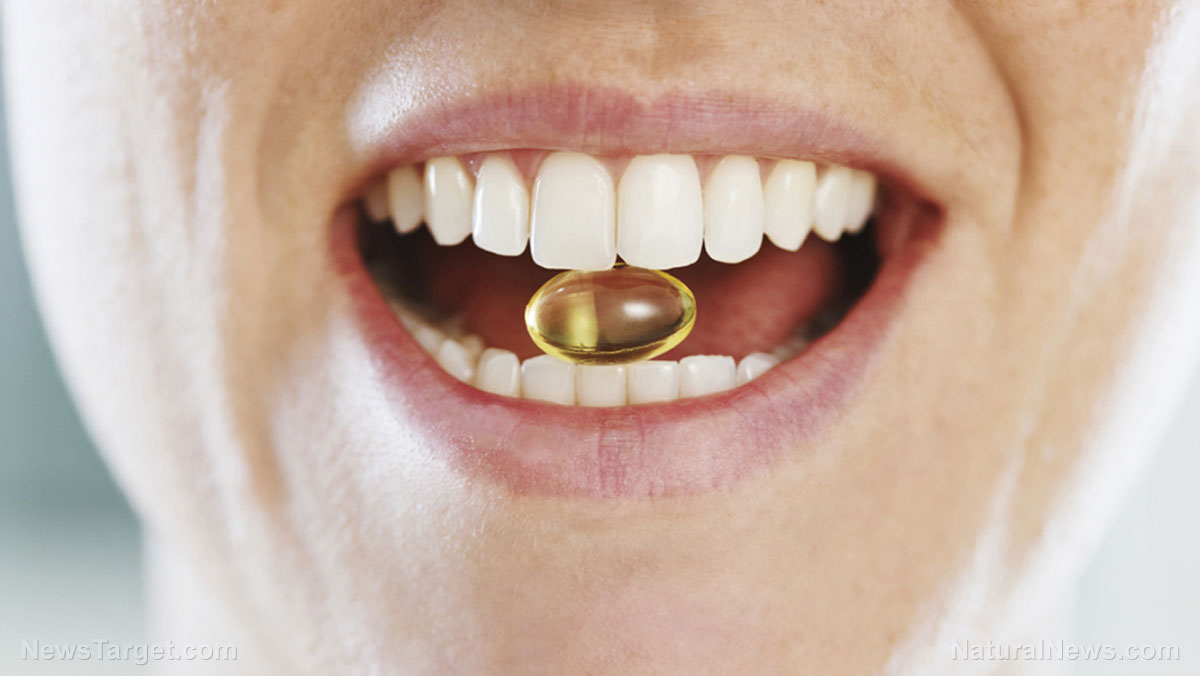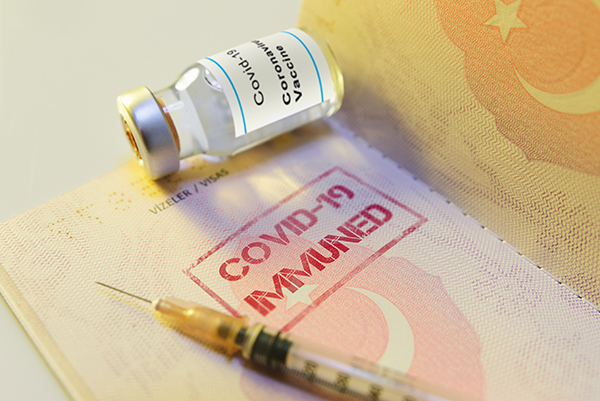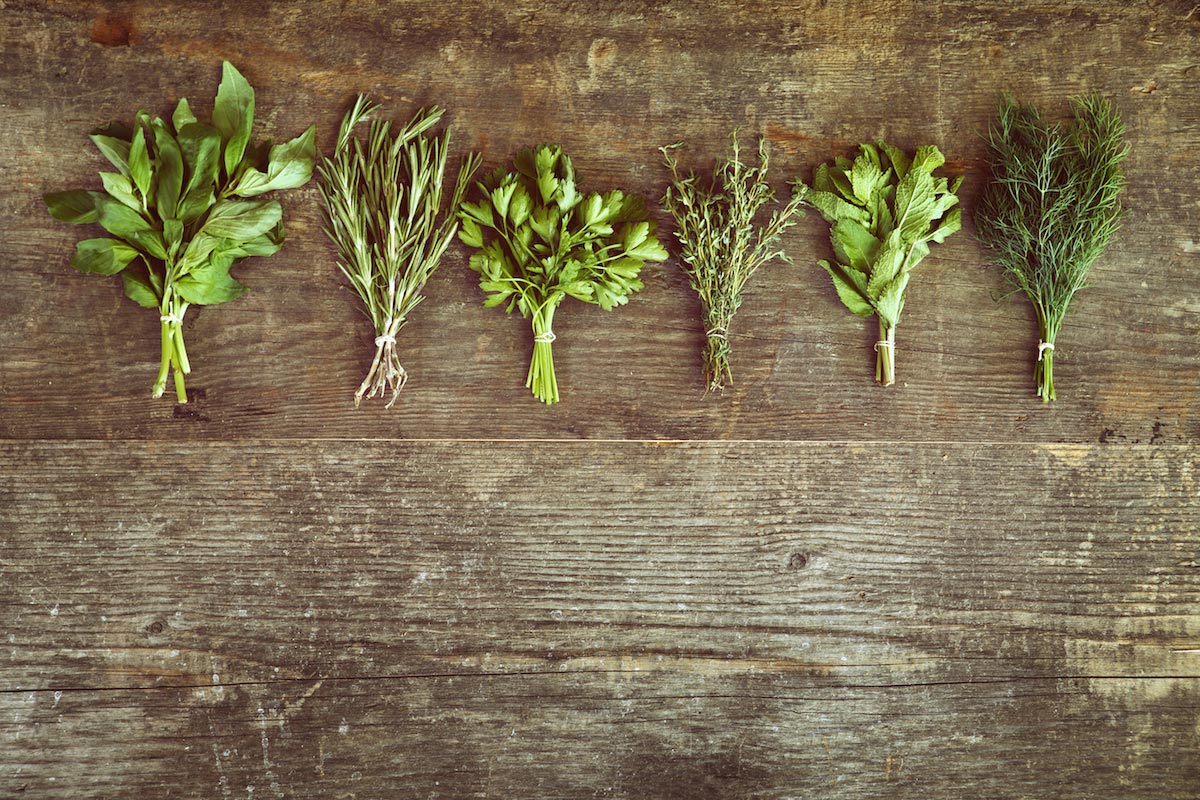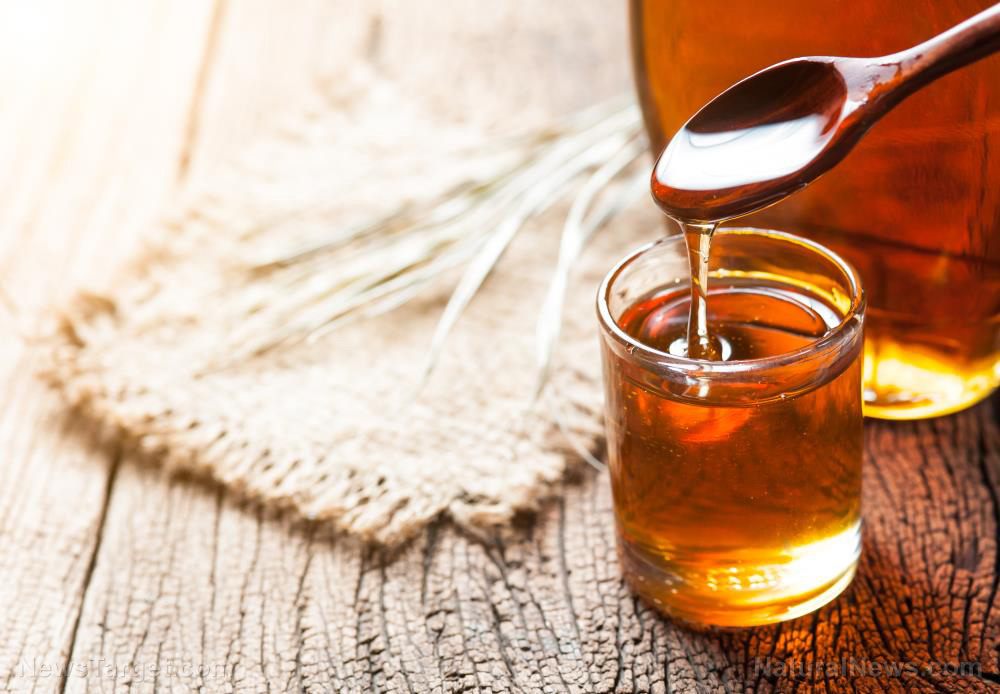10 Natural and drug-free ways to deal with migraines
03/17/2021 / By Divina Ramirez

Migraine is the third most common condition in the world. Unlike headaches, migraines are chronic and tend to cause throbbing pain on one or both sides of the head. Migraines are also commonly accompanied by other symptoms, such as nausea, vomiting and heightened sensitivity to light or noise.
Thankfully, a migraine can be treated and managed using natural remedies. Below are some natural remedies that can treat migraine and possibly even prevent it from recurring:
1. Drink a caffeinated beverage
Blood vessels swell before a migraine. Nerves surrounding the blood vessels then send signals to a part of the brain that relays pain messages for the head and face. Caffeine, an active ingredient in coffee and tea, causes blood vessels to narrow and restricts blood flow, which helps stop migraine in its tracks.
However, take note that drinking too much caffeine can trigger a headache, so it’s best to consume coffee and tea in moderation. Also, if you get addicted to caffeine, you could experience withdrawal headaches.
2. Rest in a dark room
A migraine can heighten a person’s sensitivity to light and noise. In cases like this, the best “remedy” is to retire to a dark, quiet room until the sensitivity subsides. It might also help to put on a sleep mask, listen to relaxing music or close the blinds.
3. Try temperature therapy
Cold and hot compresses work hand in hand when it comes to treating migraines. The cold compress helps to reduce blood flow and has a numbing effect that can dull the sensation of pain. Meanwhile, the hot compress helps relax tense muscles. Taking a hot shower or bath has the same effect.
4. Inhale the scent of lavender essential oil
Lavender essential oil is a natural remedy for migraines. It is also commonly used to relieve stress and induce relaxation. To relieve a migraine, inhale the scent of the oil straight from the bottle. You can also diffuse lavender essential oil and inhale the vapor or add a few drops to your bathwater and soak in it for a few minutes.
5. Stay hydrated
Dehydration reduces the flow of blood and oxygen to the brain, which can trigger a migraine. To prevent this from happening, drink two to three liters of water every day. Eating water-rich foods like cucumber also counts toward your water intake daily.
6. Cut back on processed foods
Eating certain foods can trigger a migraine. These foods include aged cheese, red meat, processed meat, foods with additives and artificial flavors, and alcoholic beverages. Pickled foods, spicy foods and dairy products like buttermilk and sour cream can also trigger a migraine.
7. Get enough sleep
Lack of sleep can trigger a migraine. Try to get seven to eight hours of sleep each night and avoid taking long naps during the day. Make a habit of going to bed and getting up at the same time each day. (Related: Proper sleep hygiene is a must, since your body burns calories even in sleep.)
8. Exercise
Exercising helps the body release endorphins, the chemicals that relieve stress and pain. They also help lower stress levels and relieve anxiety. But take note that intense exercise can make a migraine worse. Gentle stretches, short walks or a quick jog should do for migraine relief.
9. Keep a migraine diary
If you frequently suffer from migraine attacks, it helps to take note of your episodes in a diary. Over time, you may gain valuable insight into your triggers and symptoms, which may help you better manage your migraine episodes.
10. Engage in stress-relieving activities
Stress is a common cause of migraines, but you’re less likely to develop one if you can manage your stress levels. To reduce stress, practice breathing and meditation techniques, listen to soothing music or talk to your friends and family.
Migraines cause severe, throbbing pain and are typically accompanied by other symptoms. Luckily, migraines can easily be treated using natural remedies like the ones listed above.
Learn more about remedies that work well for migraines at Remedies.news.
Sources include:
Tagged Under: alternative medicine, caffeine, exercise, home remedies, hydration, migraine, natural cures, natural health, natural medicine, Naturopathy, pain relief, remedies, sleep, stress relief
RECENT NEWS & ARTICLES
COPYRIGHT © 2017 NATURAL CURES NEWS





















